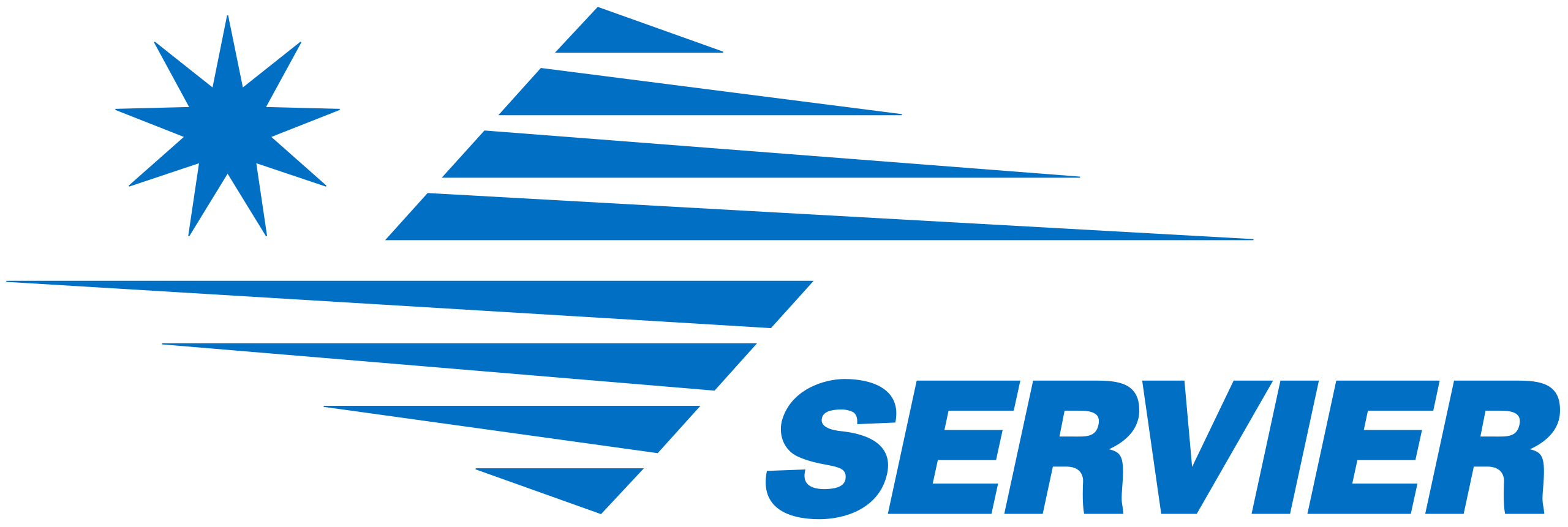Go back to trials list
Administration of Donor Derived Multi-Tumor-Associated Antigen (TAA)- Specific T Cells to Patients With AML or MDS (ADSPAM)
Description
This research study uses special blood cells called multiple tumor-associated antigen (TAA)-specific T cells (a new experimental therapy) to treat patients with acute myeloid leukemia (AML) or myelodysplastic syndrome (MDS) which has come back, or may come back, or has not gone away after standard treatment, including an allogeneic hematopoietic stem cell transplant (HSCT). The investigators have previously used this sort of therapy to treat Hodgkin or non-Hodgkin lymphomas that are infected with Epstein-Barr virus (EBV). EBV is found in cancer cells of up to half of all patients with Hodgkin and non-Hodgkin lymphoma. This suggests that it may play a role in causing lymphoma. The cancer cells infected by EBV are able to hide from the body's immune system and escape being killed. The investigators previously tested whether special white blood cells (called T cells) that were trained to kill EBV-infected cells could affect these tumors, and in many patients the investigators found that
Trial Eligibility
Inclusion Criteria: 1. Patients will be eligible to receive donor-derived multiTAA-specific T cells following any type of allogeneic HSCT as; (i) Adjuvant therapy for AML/MDS (Group A) or (ii) Treatment for refractory/relapsed or minimal residual AML/MDS disease (Group B) Residual disease at the time of transplant or post transplant relapse is defined as PCR positivity, specific cytogenetic abnormalities, an abnormal population on flow cytometry or increased blasts on bone marrow biopsy, in the peripheral blood or any other extramedullary sites. Minimal residual disease (MRD) will be defined as detection in blood, bone marrow, or other tissues of any of the following: (i) Any leukemia specific marker such as t(8;21); inv 16; t (15;17), t(9;22) or t(4;11) documented in the patient's leukemia cells pre-transplant on a post-transplant evaluation. (ii) Expression of a leukemia associated antigen known to be a marker for residual disease like WT1. (iii) A leukemia-specific phenotype (e.g. expression of markers including CD13 and/or CD33 and/or CD117 and/or HLA-DR+) post-transplant at a level of ≥ 0.01%. (ix) Mixed donor chimerism (\> 20%). 2. Life expectancy ≥ 6 weeks. 3. Karnofsky/Lansky score of ≥ 50. 4. Patient or parent/guardian capable of providing informed consent. 5. Bilirubin ≤ 2X upper limit of normal. 6. AST ≤ 3X upper limit of normal. 7. Undergoing stem cell transplant at CAGT. 8. Serum creatinine ≤ 2X upper limit of normal. 9. Hgb ≥ 7.0 g/dL (can be transfused). 10. Pulse oximetry of \> 90% on room air. 11. Sexually active patients must be willing to utilize one of the more effective birth control methods for 6 months after the T cell infusion. Male partner should use a condom. 12. Available donor-derived multiTAA-specific T cell line. 13. No other investigational anti-neoplastic therapy for one month prior to entry in this study. Exclusion Criteria: 1. Patients receiving ATG or Campath within 28 days of infusion. 2. Patients receiving a Donor Lymphocyte Infusion within 4 weeks of planned T cell infusion. 3. Less than 30 days post-allogeneic stem cell transplant. 4. Severe intercurrent infection. 5. Evidence of GVHD \> Grade II. 6. Pregnant or lactating. 7. Currently taking corticosteroids (\> 0.5 mg/kg/day prednisone or equivalent).
Study Info
Organization
Baylor College of Medicine
Primary Outcome
Number of patients with dose-limiting toxicities (DLTs).
Interventions
Locations Recruiting
Houston Methodist Hospital
United States, Texas, Houston
Texas Children's Hospital
United States, Texas, Houston
Interested in joining this trial?
Our dedicated patient navigators are here to support you by reviewing the eligibility criteria to see if you might qualify for this trial.
Your Source for Expert Insights & Support in Acute Myeloid Leukemia.
By subscribing to the Healthtree newsletter, you'll receive the latest research, treatment updates, and expert insights to help you navigate your health.
Thanks to our HealthTree Community for Acute Myeloid Leukemia Sponsors:




